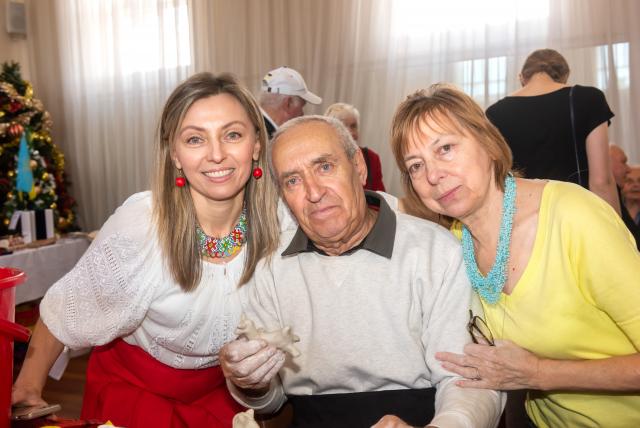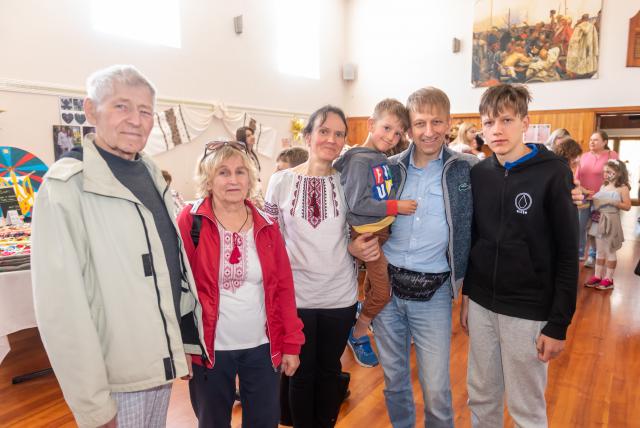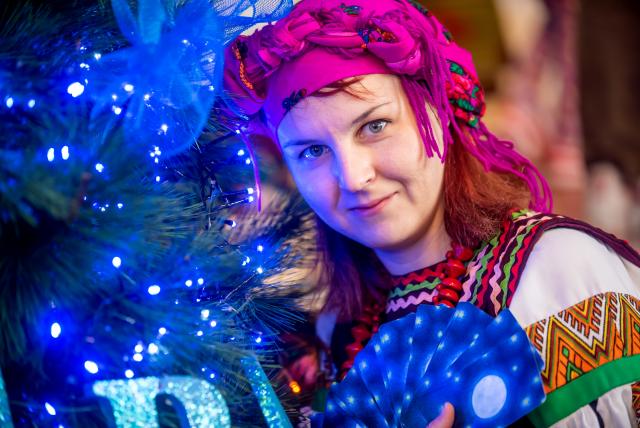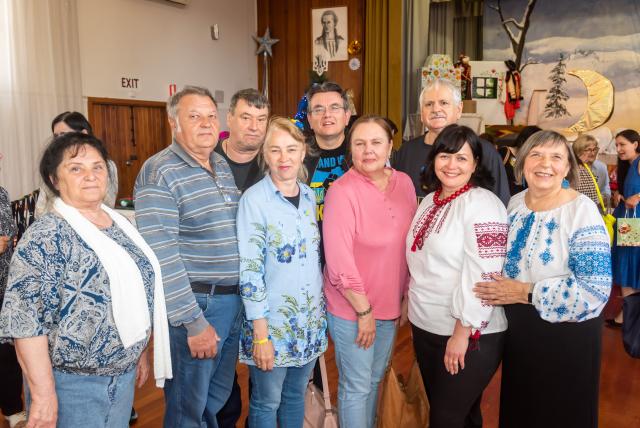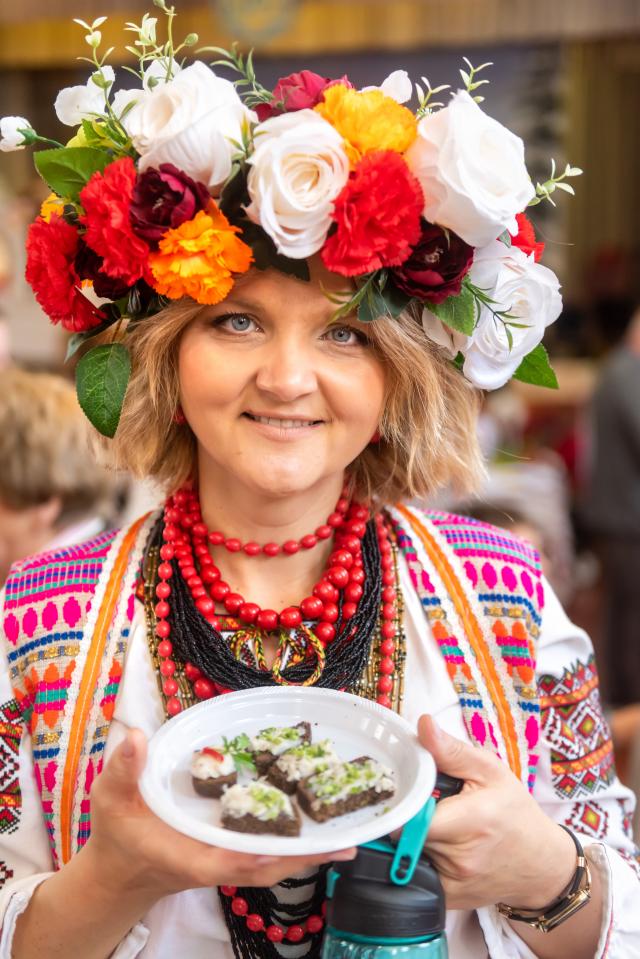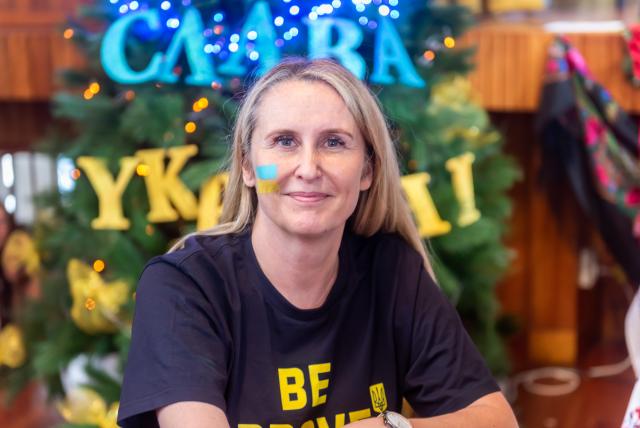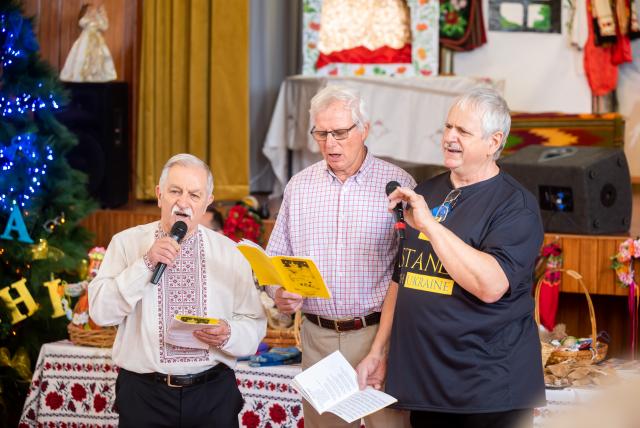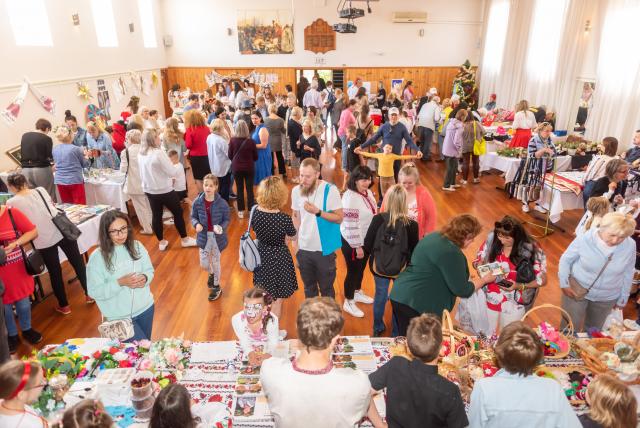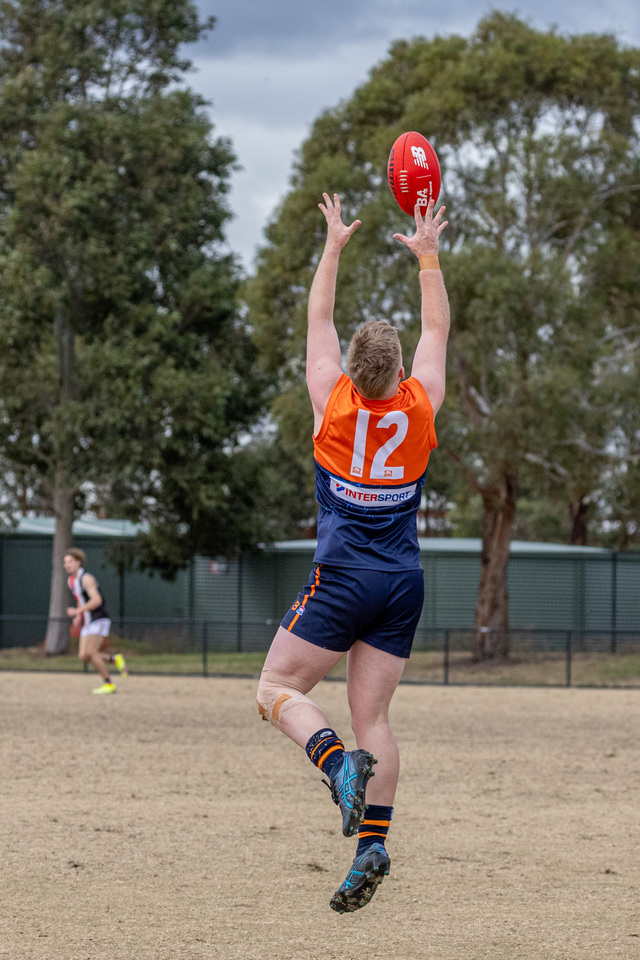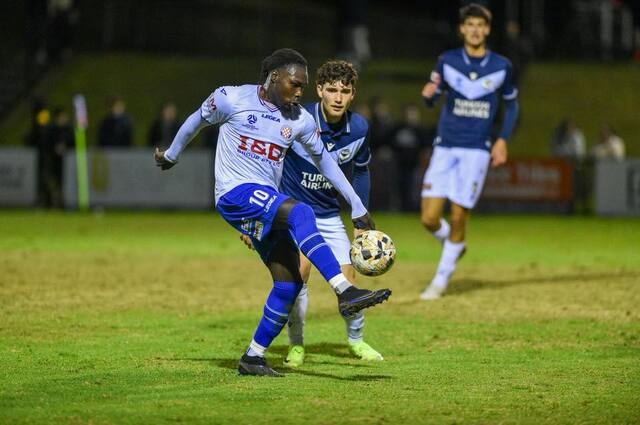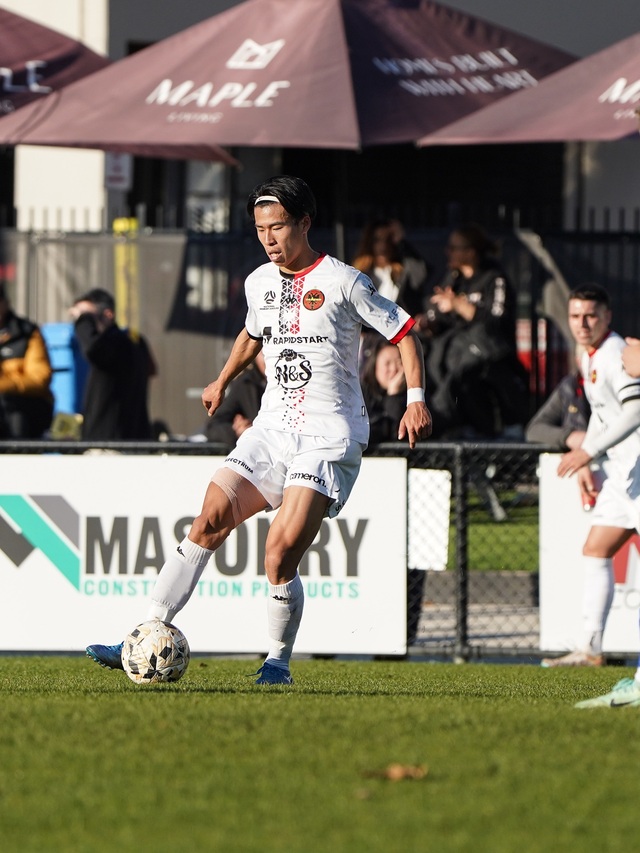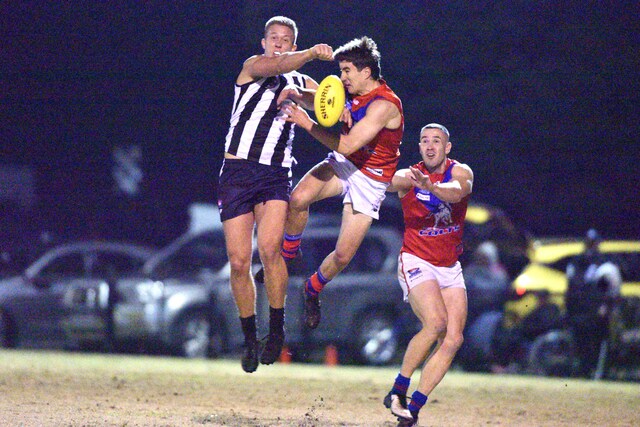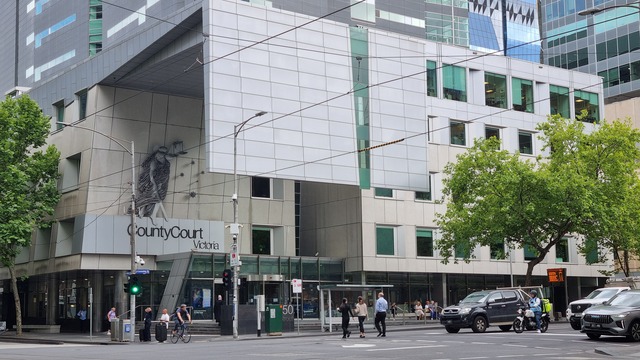After a year of horrors, some welcome solace came with Christmas for a Ukrainian group in Noble Park last month.
A menu of folk song, dance and foods at a Christmas fair at the Association of Ukrainians in Victoria chapter cheered those who have fled their homeland bombarded by Russia for nearly 11 months.
“It feels unusual to be celebrating Christmas. There’s this underlying sadness,” says association president Liana Slipetsky.
“But we know what it means for Ukrainians.”
So far, about 41,000 have died in the war, 8 million refugees have been registered in Europe alone, and 9 million in Ukraine are without power during a desperately cold winter.
About 1200 have arrived in Melbourne since the first of the deadly attacks on 24 February.
They included Victor and Zina, who recently escaped a bleak Ukraine winter without heat or electricity and were reunited with their Australian-based daughter Nataliya Poshyvaylo-Towler.
Similarly, Petro and Bronsilava, who fled to the arms of their son Sergiy Kolinchuk and his family.
The Association of Ukrainians in Victoria as well as the Ukrainian Community School have been their home away from a perilous homeland.
The association and its members have been a ceaseless hive of support and a voice for their homeland. Accordingly, they are the Star Journal’s People of the Year 2022.
Ms Slipetsky says the influx of new arrivals has brought a “new spirit” to the Ukrainian community centre.
“For us to be here for 70 years, it’s refreshing that they’re bringing new ideas, new ways of doing things, new menus and traditions. It’s great to give them the freedom to do that.
“The community centre has been incredibly important for them. After they had left everything behind, this was a piece of Ukraine.
“It made them feel at home.”
The Christmas fair was organised by a group of newly-arrived women, who were “given the keys to the building to do what they wish”.
They bestowed folk foods such as kruchenyky, salo cured meat, holubtsi, halushky and pancakes.
Other treats were performances from the Ukrainian Community School children, the sublime harmonies of the community men’s choir and a newly-arrived girl Myroslava who played the bandura (a traditional stringed instrument).
During the year, new arrivals have voluntarily taught cooking and arts and crafts at the community school.
For hard-working local volunteers, the first six months of the conflict were “incredibly busy” and “incredibly unexpected”, Ms Slipetsky says.
“No one was trained for this.
“What we’re seeing now is Ukrainians are learning English, finding houses and finding jobs.”
Counselling was initially offered, including trauma counselling from Ames. Many of the early new arrivals said they didn’t need counselling, but “we just need to be able to talk”.
“The majority just wanted to be amongst Ukrainians. That was part of their therapy.”
Families were inducted in free English-language classes, offered by teachers from the community school and other schools.
They were also welcomed into the community’s seniors lunches and youth camps.
Locals in Springvale and Noble Park offered their vacant homes, but accommodation remains a challenge for large families.
With soaring living costs, many are dependent on donations of clothes, food, gift cards, rent, school fees and books.
But thanks to a generous benefactor or “saviour” from Essendon as well as earnest fundraising, the cause has kept afloat.
Children were absorbed into the tiny community school, which scrambled for more teachers and class space.
With a New Year begun, uncertainty still blights Ukrainians here and abroad.
In July, the Australian Government ended its humanitarian visa program for Ukrainians. It is instead offering 90-day visas though there’s no end to the Ukrainian conflict in sight.
“First and foremost, what we hope for is Russia retreating out of Ukraine. And for peace and the rebuild to happen,” Ms Slipetsky says.
“And the people newly arrived from Ukraine will have to make a real life decision – do I stay here or return home?
“The most that people can do is not forget there’s a war going on.
“For this to end we can’t become complacent. If we do, then anyone can invade their neighbour and there’s no consequences.”

